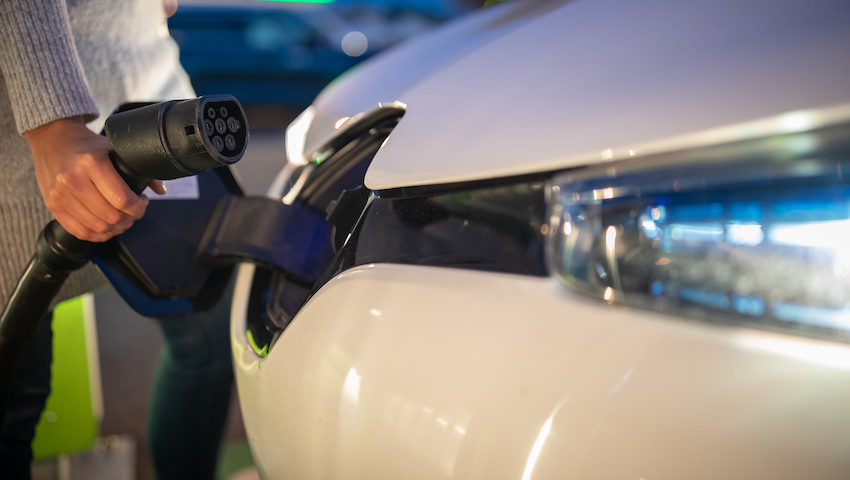Used car market down in Q3 but EV sales at record high
Used battery electric vehicle sales grew by a record amount in Q3 this year, offsetting a second consecutive fall for the overall market.
The UK’s used car market fell by -12.2% over the three months of July to September, according to the latest figures published today by the Society of Motor Manufacturers and Traders (SMMT). The decline is the second consecutive quarter in which the market has fallen this year.
However, sed battery electric vehicle (BEV) sales bucked the trend, with Q3 reflecting growth in the electrified new car market as activity rose 44.1% to 16,775 transactions, adding up to 48,032 in the year to date. The market for used hybrid electric vehicles (HEVs) also grew, up 2.5% in the quarter with 41,479 cars finding new owners, taking the yearly total so far to 119,722. Plug-in hybrid (PHEV) transactions, meanwhile, fell -5.8% to 13,899 in Q3, though they remain up 7.1% since January at 44,724.
It means that, driven by an ever-growing choice of zero emission capable models reaching the used car arena, combined transactions for electrified vehicles reached 4.0% market share in the third quarter, up from 3.3% a year before. Used petrol and diesel vehicle continued to dominate, however, totalling 1,708,299 transactions in Q3 with petrol taking the lion’s share of the total market at 57.1%.
Mike Hawes, SMMT Chief Executive, said: “Given the short supply of new cars due largely to sustained chip shortages, a declining used car market comes as little surprise, although it’s great to see a growing number of used buyers able to get into an electric car. The demand is clearly there and to feed it we need a buoyant new car market, which means giving buyers confidence to invest.
“Next week’s Autumn Statement is an opportunity for the government to make a long-term fiscal commitment to zero emission motoring, including adequate public charging infrastructure, which, especially given the economic headwinds, would go a long way to stimulating the market and delivering both economic and net zero progress.”
